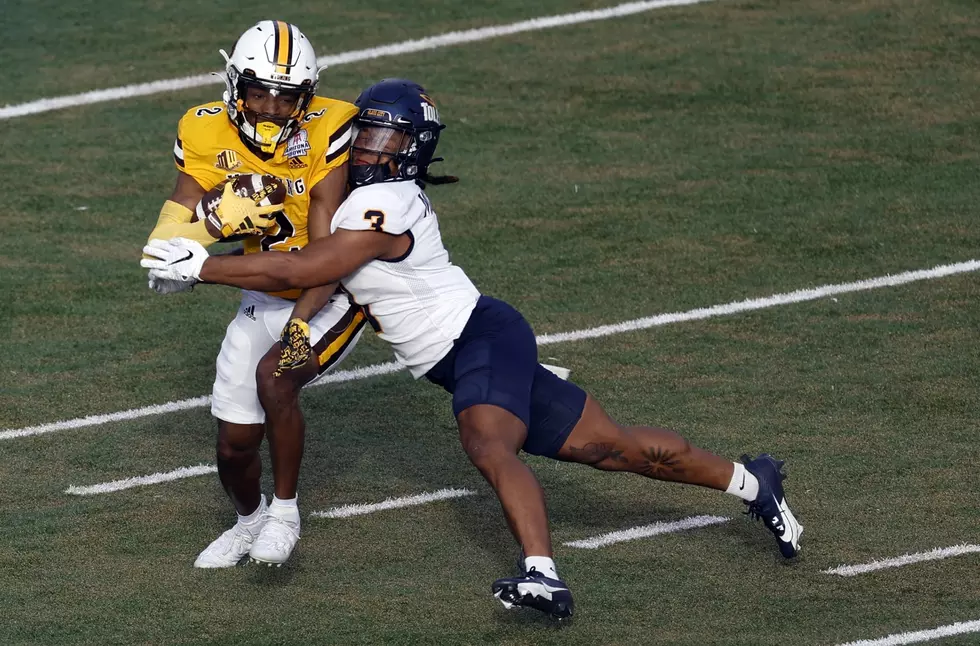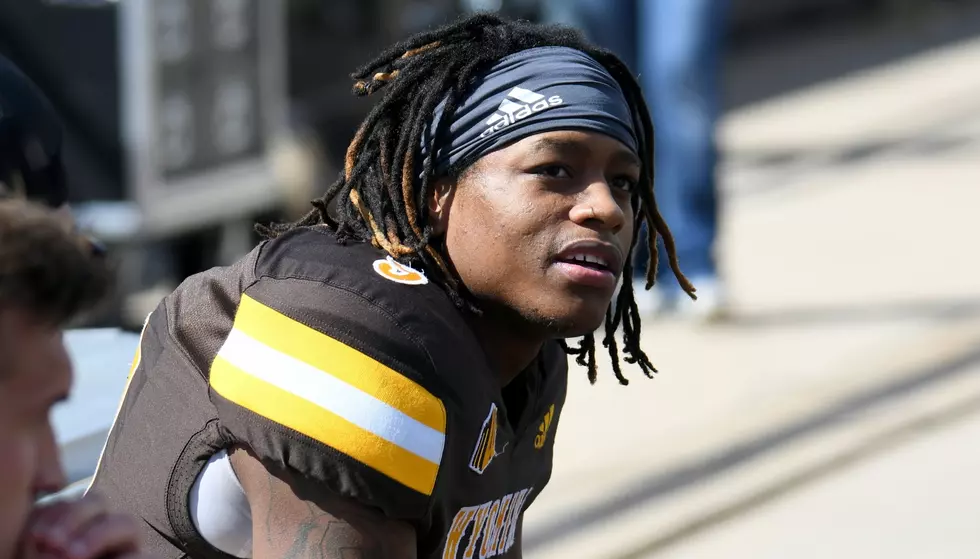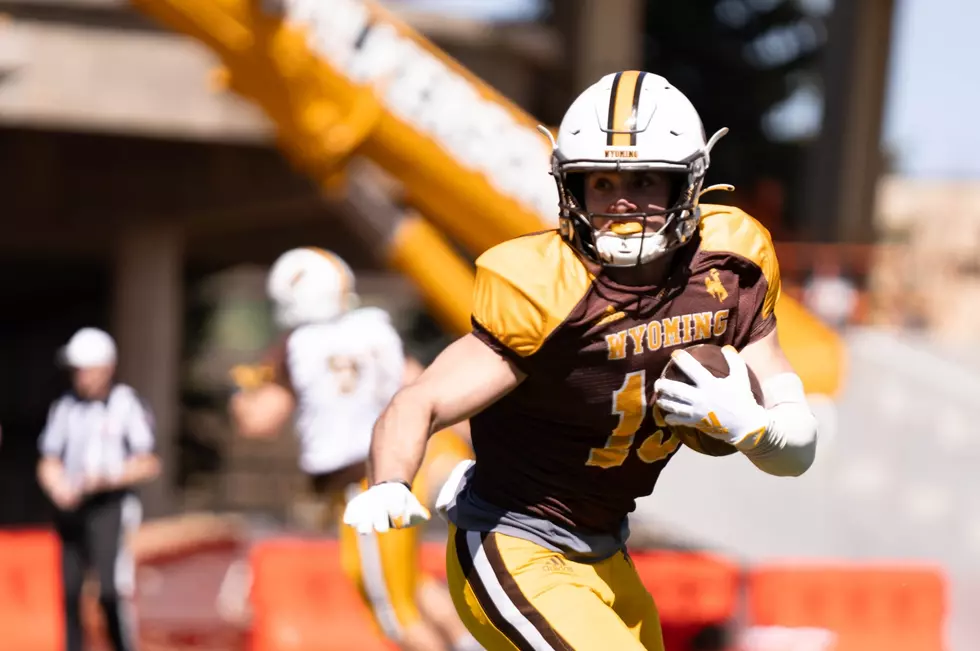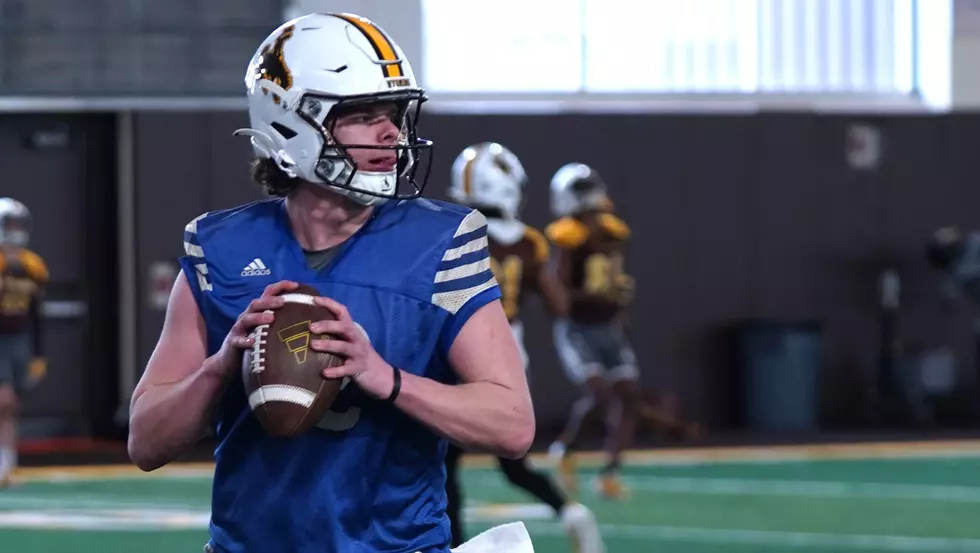
Utes’ Ron McBride was ‘tasked’ with beating UW
SALT LAKE CITY, Utah., -- Ron McBride’s goal was to shake things up. That’s one of the reasons the University of Utah’s new football coach moved “the meat” of his first fall camp 125 miles southeast of Salt Lake City to Price, a desolate, wind-blown cow town of around 9,000 people.
"You don't want to be necessarily in a nice place," McBride told the Deseret News back in 1990. "You're there for business. You want few distractions."
On the sidelines of Rice-Eccles Stadium nearly three decades later, McBride said he can now be honest about why he held that initial camp in a one-stoplight town with dormitories that featured no television, not to mention air conditioning.
It wasn’t quite the “Junction Boys” of Paul “Bear” Bryant and Texas A&M, but it wasn’t fun, either. McBride said there was a method to his madness.
“It looked just like Laramie,” McBride joked. “I figured If we can play good football here, we can do the same in Laramie.”
When McBride took over the reins of the program at Utah in the winter of 1989, the Utes had only nine winning seasons in the past 28 years as a member of the Western Athletic Conference. They played in only one bowl game and had seven head coaches during that span. Beating in-state rival and conference powerhouse BYU wasn’t in the cards, either. The Utes lost 19 of 21 meetings against the Cougars from 1972 to 1992, including McBride’s first three games against long-time nemesis and friend, LaVell Edwards.
The Utes had plenty of trouble with Wyoming during that time, too. From 1973 to 1991, Utah lost nine straight in Laramie. In fact, from 1949 to McBride’s arrival, the Pokes went 27-15 against the Utes, including a seven-game winning streak from ‘58 to ’64. Paul Roach’s Cowboys rolled to a 28-10 win over McBride’s Utes in Salt Lake City in his first taste of the rivalry as a head coach.
"For whatever reason, past Utah teams just couldn't get it done there," McBride said of Laramie. “The first time we went over there, I told the guys, ‘look, it’s just like two-a-days in Price. It’s no different, same deal.’ Then, we started beating them over there.”
McBride’s Utah teams went 4-2 in Laramie during his 13 seasons. The one that sticks out most to him was the game in 2000.
 Ron McBride
Ron McBride Ron McBride
Ron McBride“It was like 39 below zero and we kicked their ass in their own house,” he said of a 34-0 blanking that day in Laramie, which in reality was a balmy minus-11. “It was cold as s---t.”
Wyoming finished that season 1-10 overall. That doesn’t matter to McBride. One of the goals the Utah administration gave him when he got to Salt Lake City was to beat Wyoming. And in 11 games against the Pokes, he went 7-4 overall. He spoke about the coaching fraternity of the old WAC, which was littered with “old-school” mainstays like Sonny Lubick, Fisher DeBerry and Edwards. He, like so many, wishes Wyoming could’ve had that longevity in the coaching ranks, though he added the respect he still harbors for UW coaches Roach, Joe Tiller and Dana Dimel.
As the head coach at Weber State in 2009, McBride took his Wildcats’ team to Laramie for the season opener. It was also the first game of the Dave Christensen era. The Pokes escaped with a 29-22 win that day, thanks to a two-touchdown performance from Darius Terry.
Looking back, McBride said that game makes one thing come to mind. “The Wyoming fans hated him,” he said with a laugh. “They hated him, and he hated them.” McBride said he recalls talking to someone from Wyoming who said, unlike Christensen, the next coach needs to be a guy with “a little s--- on his boots.”
“Now, they have that with Craig Bohl,” McBride said. On a chilly late March evening, McBride stood just outside the south end zone as the Salt Lake Stallions of the Alliance of American Football wrapped up what would eventually be the final game of their short, eight-game existence.
He is still very much a larger-than-life figure in Utah. He is most known for his big smile, quick wit and bringing a Polynesian flare to the Utes’ roster. Not to mention his hilarious live appearances and commercials alongside late BYU head coach, Edwards.
McBride, now 79, is still visible, operating two non-profits to help educate the youth of Utah, and helping out on the football field, mainly with friend, Gary Anderson, up at Utah State. What he doesn’t always get credit for is how he helped set the wheels in motion for what Urban Meyer, and eventually, Kyle Whittingham, would turn into a Power-5 program.
“I foresaw this a long time ago,” McBride said of the Utes’ assent on the national stage and into the Pac 12 Conference. “This was a sleeping giant. It just needed to be managed right.”
McBride knows that he left Utah a much better team than he found it. With the revenue and name recognition that comes with joining a major conference, he understands Utah has moved on and is making new rivalries with teams like Colorado, Southern Cal and the Arizona schools. McBride said he misses the old rivalries that made the WAC and Mountain West so special.
The annual Wyoming-Utah clash, he said, should not be downplayed. He is happy to see the old nemeses are back on each other’s schedule, beginning in 2020 when the Utes pay a visit to War Memorial Stadium. The Cowboys will play in Salt Lake in 2025.
McBride spoke about his admiration for the Wyoming fans, thought there seemed to be a hint of jealousy that he was not the Cowboy State’s top villain when it came to Utah sports.
“Man, Wyoming people hated BYU. We definitely had that in common,” McBride laughed. Most of the venom from the UW faithful when it came to the Utes was directed at the basketball court, McBride said.
“Wyoming fans really hated (Utes’ basketball coach) Rick Majerus, too,” he said. “I always got along with Wyoming people.
“Tell the Wyoming folks I love them.”
Contact Cody Tucker at Cody@7220sports.com or on Twitter @Cody_7220sports
More From 7220 Sports









